MIT, Scripps study examines behavior of midwater sediment plumes from deep-sea nodule mining
Green Car Congress
JULY 28, 2021
In April, the BMW Group, WWF and other companies—including the Volvo Group—undertook, as a precautionary measure, not to use deep-ocean minerals or finance deep-sea mining until comprehensive scientific research into the impact of deep-sea mining can be conducted and the consequences for the environment are clearly assessed.

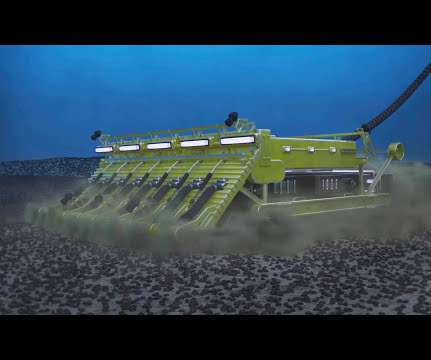
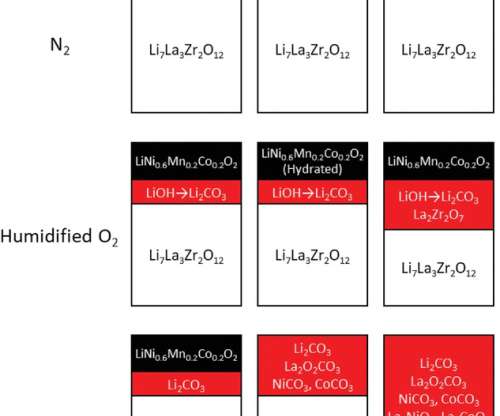

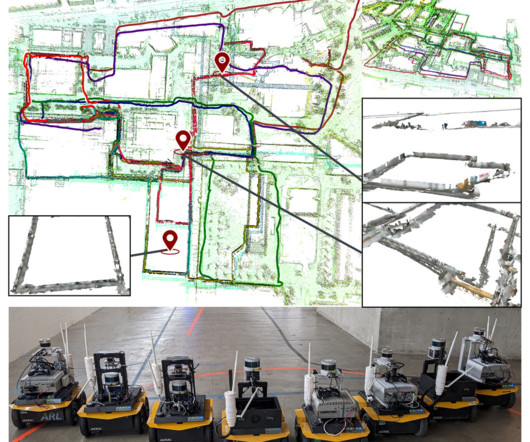
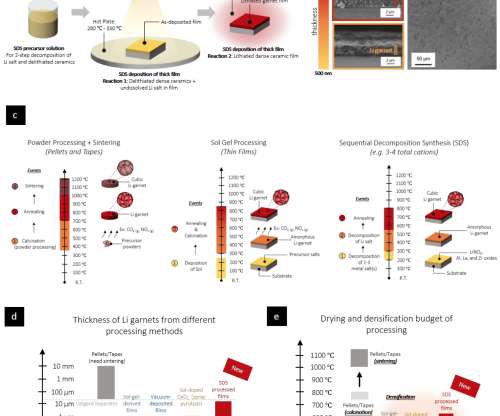

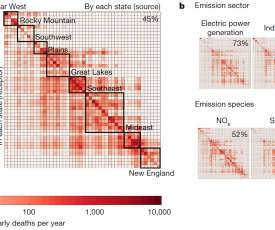
















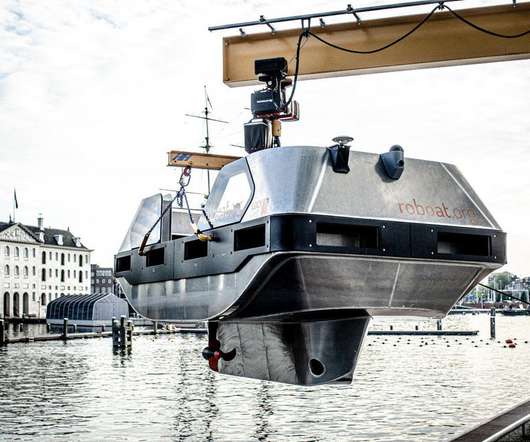



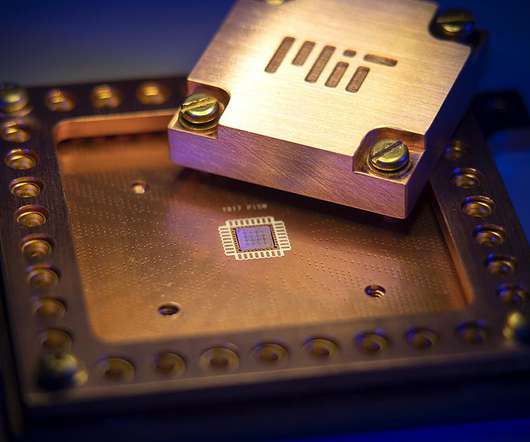


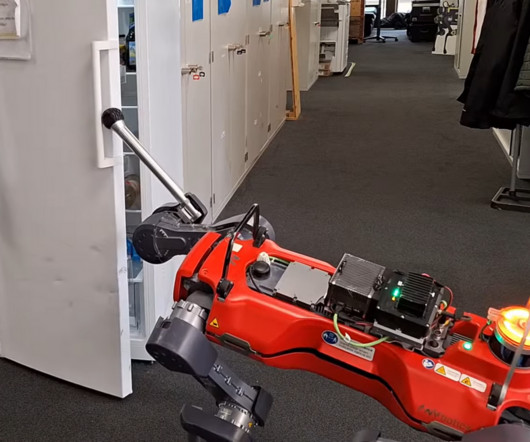
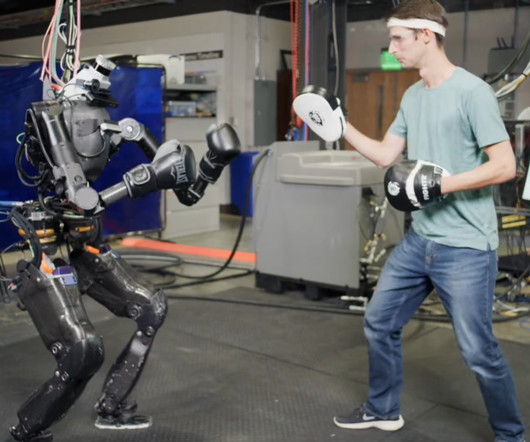







Let's personalize your content